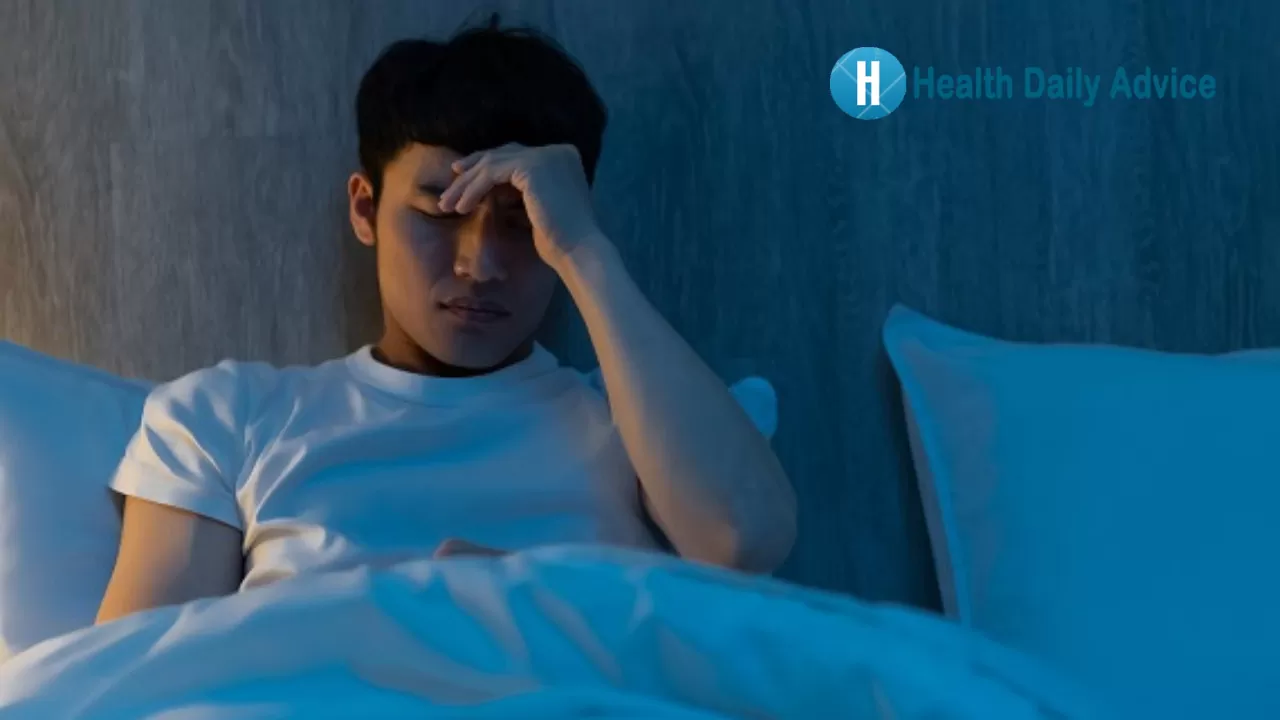Introduction
Are you struggling to get a good night’s sleep? Do you experience sleep problems, such as insomnia, sleep apnea, or restless leg syndrome? If so, you may be at an increased risk of stroke. In this comprehensive guide, we’ll delve into the connection between sleep problems and stroke risk and provide valuable insights to help you safeguard your health. In This Article, we Tell you About Sleep Problems and Stroke Risk
The Link Between Sleep Problems and Stroke Risk
According to the National Stroke Association, sleep problems can increase your risk of stroke by up to four times. The reason for this is that sleep problems can lead to hypertension, diabetes, obesity, and other health conditions that are risk factors for stroke.
Insomnia and Stroke Risk
Insomnia is a sleep disorder characterized by difficulty falling or staying asleep. According to a study published in the journal Stroke, people who suffer from insomnia are at a 54% higher risk of developing a stroke compared to those who don’t have insomnia. The study found that the risk was highest among people under the age of 65.
Sleep Apnea and Stroke Risk
Sleep apnea, a condition causing short pauses in breathing during sleep, is another contributor to stroke risk. The American Stroke Association highlights that people with sleep apnea are two to four times more likely to experience a stroke than their counterparts without the condition. The underlying reasons include low oxygen levels, high blood pressure, and other health problems linked to sleep apnea.
Restless Leg Syndrome and Stroke Risk
Restless leg syndrome is a sleep disorder characterized by an irresistible urge to move your legs, often accompanied by an uncomfortable sensation in the legs. According to a study published in the journal Neurology, people with restless leg syndrome are at a 29% higher risk of stroke compared to those without the condition. The study also found that the risk was highest among people under the age of 50.
How to Protect Yourself from Stroke
If you suffer from sleep problems, there are several things you can do to protect yourself from stroke:
Get Enough Sleep
Getting enough sleep is essential for good health. Most adults need 7-9 hours of sleep per night. If you have trouble sleeping, talk to your doctor. They may be able to recommend lifestyle changes or prescribe medication to help you sleep better.
Maintain a Healthy Weight
Being overweight or obese can increase your risk of stroke. To maintain a healthy weight, eat a balanced diet and get regular exercise.
Manage Your Blood Pressure
High blood pressure is a leading cause of stroke. To manage your blood pressure, eat a low-sodium diet, exercise regularly, and take medication if prescribed by your doctor.
Quit Smoking
Smoking is a major risk factor for stroke. If you smoke, quit as soon as possible.
Manage Your Stress
Stress can increase your risk of stroke. To manage your stress, practice relaxation techniques, such as meditation or deep breathing exercises.
Conclusion
Sleep problems can increase your risk of stroke. Insomnia, sleep apnea, and restless leg syndrome are all associated with a higher risk of stroke. If you suffer from sleep problems, it’s important to take steps to protect yourself from a stroke. This includes getting enough sleep, maintaining a healthy weight, managing your blood pressure, quitting smoking, and managing your stress.
Frequently Asked Questions
The warning signs include sudden numbness or weakness, confusion, trouble speaking, trouble seeing, trouble walking, dizziness, loss of balance, or a severe headache with no known cause.
Yes, sleep problems can lead to heart disease, diabetes, obesity, and depression, among other health issues.
Symptoms include loud snoring, gasping or choking during sleep, waking up tired, and morning headaches.
Yes, medication can help, but it’s crucial to consult your doctor to determine the best treatment, considering potential side effects and addiction risks.
Note:
So in This Post, Sleep Problems and Stroke Risk: What You Need to Know What other points can you think of/have experienced? Let me know in the comments.
If you found this helpful or feel free to share your experience if you can relate to these points and if you are comfortable share
For More Articles Related to Sleep Problems and Stroke Risk Stay Tuned To our Site: Health Daily Advice











